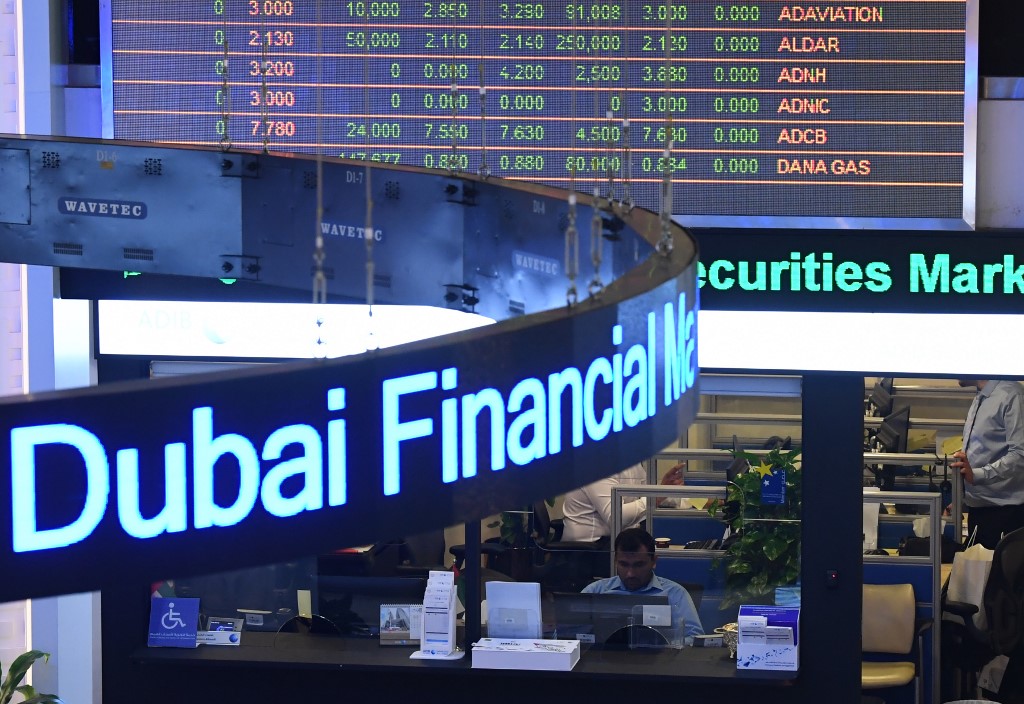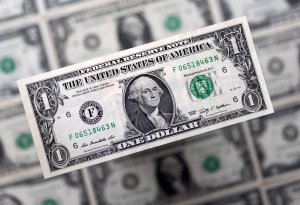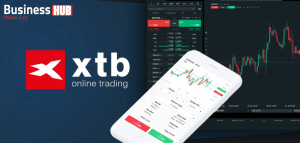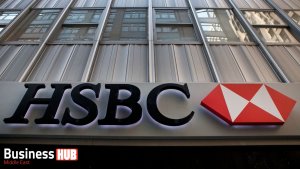Most stock markets in the Gulf region edged higher in early trade on Thursday as investors awaited U.S. inflation data, due later in the day, and further economic news this week.
The U.S. Federal Reserve will trim interest rates by 25 basis points at its Dec. 18 meeting, according to 90% of economists polled by Reuters, with most expecting a rate-cut pause in late-January amid concerns over rising inflation risks.
News on Friday that the U.S. job market continued to cool but remained relatively resilient solidified expectations that the Fed can afford to cut rates again before taking stock of the government policy early next year. The Fed's decisions impact monetary policy in the Gulf, where most currencies, including the Saudi riyal, are pegged to the U.S. dollar. Saudi Arabia's benchmark index (.TASI), opens new tab climbed 0.1%, helped by a 0.5% rise in aluminium products manufacturer Al Taiseer Group (4143.SE), opens new tab.
Qatar's blue-chip index (.QSI), opens new tab gained 0.4%, with the Gulf's biggest lender Qatar National Bank (QNBK.QA), opens new tab rising 0.9%. The Abu Dhabi index (.FTFADGI), opens new tab rose 0.1%. Oil - a catalyst for the Gulf's financial markets - advanced, with investors expecting demand to rise in the world's largest crude importer, after Beijing announced a looser monetary policy to stimulate economic growth in China.
However, Dubai's main share index (.DFMGI), opens new tab slipped 0.3%, on course to extend losses to a second session, hit by a 1.8% fall in Dubai ELectricity and Water Authority (DEWAA.DU), opens new tab. The Dow, S&P 500 and Nasdaq all dropped between roughly one-third to one-quarter of a percentage point.
The United Arab Emirates starting January will impose a minimum top-up tax (DMTT) of 15% on large multinational companies operating in the country, the finance ministry said, as the government seeks to boost non-oil revenue.











